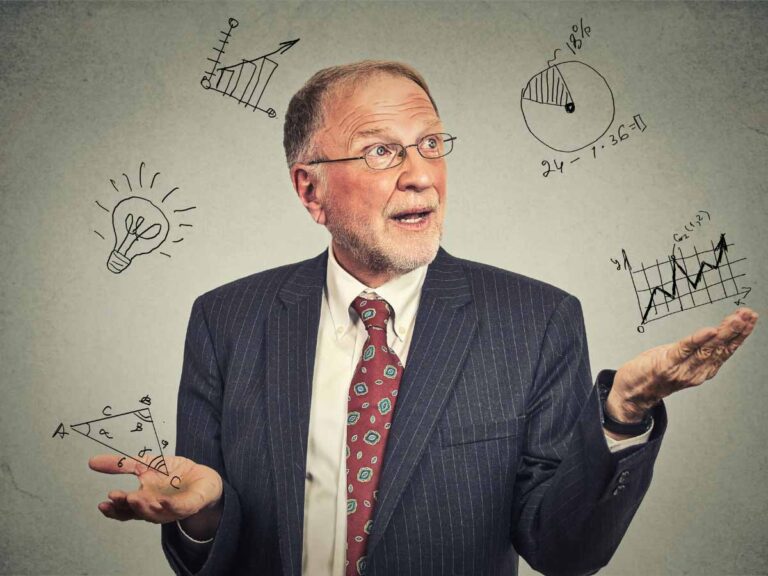
“Action may not always bring happiness, but there is no happiness without action.” – Benjamin Disraeli
Imagine arriving at a new apartment and finding out that there is no cutting board. This is certainly an inconvenience, but it isn’t the end of the world. The logical thing to do in this case is to go out and buy a cutting board.
However, when theory meets the real world, many people don’t just go out and buy the needed cutting board. Instead, they curse and blame the landlord, society, or the world for not providing this object, or they start feeling sorry for themselves, thinking, “It always happens to me, why is the world so unfair?”
Indeed, the cutting board example is rather simplistic, as most people eventually find a workaround for this problem. However, on a larger scale of life, people have all sorts of problems and sometimes they just don’t take enough action to fix these problems.
If they don’t have enough money, they often resort to playing the blame game and feeling sorry for themselves, instead of taking proactive steps to solve their problems. They fail to actively consider: “what can I do to improve my financial situation?,” such as looking into their spending habits and searching for better job opportunities.
Interestingly enough, I wrote my whole book, Optimal Happiness, by looking at the problem of unhappiness and trying to understand what it would actually take to fix this problem. I wasn’t satisfied with just being “good enough” or “a little bit happier.” Instead, during my mid-20s, I felt incredibly depressed and realized that what I was doing at the time wasn’t working. I went out to figure out what realistically it would take to become as happy as I ideally wanted to be.
This journey took me 6 years, but it was completely worth it. Now, I consider myself to be one of the happiest people alive and I teach others how to achieve a similar goal.
My teaching is practical, almost like a to-do list – the best and fastest way to go from A to Z. This practice is action-based, meaning that the theory needs to be universally applicable. Otherwise, it is just wishful thinking and a waste of time.
Indeed, I took action and fixed my unhappiness, and to this day, I apply the same logic to everything else. I see what’s not working or what I would like to be better at, and I think of a solution. Then, I don’t dwell on my negative feelings, but rather I just go out and do what’s necessary.
And as Benjamin Disraeli suggested, “Action may not bring happiness, but there is no happiness without action,” we are working towards a better life and a better world by addressing one problem at a time. It may not immediately present us with the exact results we desire, but with enough persistence, we can get there eventually.
And if more people would just follow this simple logic, many problems we have today would be automatically resolved and we would all be happier.















2 thoughts on “Action May Not Bring Happiness But There Is No Happiness Without Action”
There is no happiness without action, and yet you have to know what to do. In most of cases, you can’t be sure about the right decision.. and again, you need some other positive emotions to go ahead..
Correct, we cannot know what is the “right ” decision, but with enough experience of just trying different things we can get a feel for what is right and wrong. Also, I know a quote that says that “Inspiration is for amateurs. The rest of us just shows up for work,” which for me means that sometimes we need to work and be productive regardless of how it makes us feel.